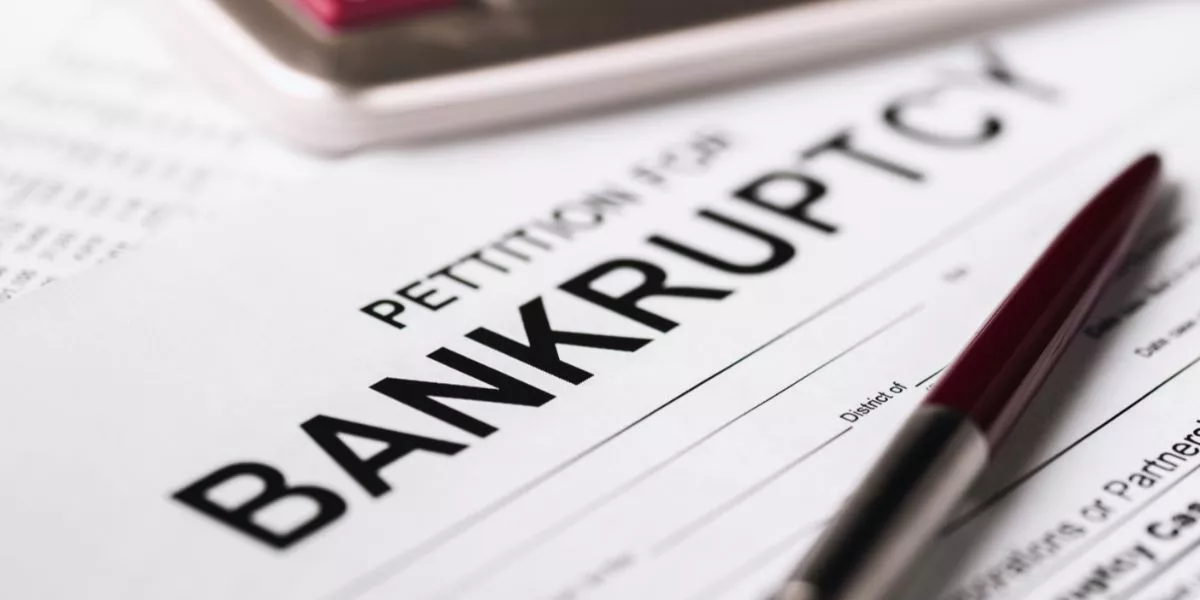Many people hear the word “bankruptcy,” and they immediately fear the worst. Fortunately, bankruptcy does not have to mean the complete annihilation of your finances; it can be a fresh start. A bankruptcy done right can be an opportunity to free yourself from copious amounts of debt and figure out your next steps. A significant part of that fresh start is a bankruptcy discharge. You may be wondering, “What is a bankruptcy discharge and how does it work?”
When you apply for Chapter 7 or Chapter 13 bankruptcy, you can receive a bankruptcy discharge, which is effectively a court order that eliminates any debt you have that qualifies for a discharge. In order to qualify that debt for a discharge, you have to fulfill certain necessary requirements. The requirements are different for Chapter 7 and Chapter 13.
If you receive a bankruptcy discharge, then you are no longer liable for any of the debt that qualified for discharge. The debt is effectively gone. No creditors, lawyers, IRS agents, or tax collectors can make you pay it back. It is no longer your responsibility. The court will make it clear to all relevant parties that the debt has been discharged.

First, to qualify for Chapter 7 bankruptcy, you have to prove to the court that your income is below the state average. Then, you must forfeit any property that is not exempt from the rule. Exempt property may include your home, your car, and/or minor personal belongings.
Your assets will be sold, and the proceeds will be distributed among your creditors, starting with your highest-priority debt. Once the process is finished, which usually occurs within four to six months, any eligible debts that are still unpaid will be discharged. Potentially discharged debts include:
The circumstances are similar but slightly different in a Chapter 13 bankruptcy situation. In order to qualify for Chapter 13 bankruptcy, you have to take a means test to determine if you have sufficient income. At that point, in lieu of your assets being repossessed and sold, you will enter into a payment plan that lasts anywhere between three and five years. During that time, you will repay any outstanding debt in fixed payments. Those payments will be distributed among your creditors.
At the end of the payment plan, if you have any remaining debt, it will be discharged. Potentially discharged debts include everything under Chapter 7, as well as:
There are some debts that absolutely cannot be discharged at all, regardless of whether or not you file for Chapter 7 or Chapter 13 bankruptcy. Those include:
A: A bankruptcy discharge does not automatically close your bankruptcy case. Your bankruptcy case can only be closed when the court dismisses it or closes it with a final decree. This is a common mistake. Most people tend to think their bankruptcy case is over when their debt is wiped clean, which is a fair but incorrect assumption. An experienced bankruptcy lawyer can help you better understand the timeline of your case.
A: A bankruptcy declaration will remain on your credit score for at least ten years, and that will, unfortunately, have a detrimental effect on your credit. Over time, the negative effect that bankruptcy has on your credit will lessen, but it will damage your credit score and make it harder for you to qualify for credit of any kind in the interim. Even with these side effects, bankruptcy can be an important step for people who may have no other way to break free of their debt.
A: There are several things you cannot do after you have filed for bankruptcy. To start, you cannot discharge your debts yourself. That is up to the court. Don’t file any incorrect paperwork, as this could harm your bankruptcy process. Don’t mislabel assets as exempt when, in reality, they are not. Make sure you do your research about the bankruptcy process and consult with an experienced bankruptcy lawyer who can point you in the right direction.
A: Typically, the debtor will automatically receive a discharge once they have applied for bankruptcy and gone through the process properly. There are exceptions to the rule if there is litigation involved or someone has objected to the discharge, but for the most part, the bankruptcy discharge is automatic. Any creditors will be notified that the debt has been discharged, and they should not attempt to collect further from you.
The legal team at Steele Law Firm, PLLC, only handles bankruptcy cases. We know how to handle your situation. We want our clients to feel secure in their financial future, and dealing with a bankruptcy situation can be intimidating, stressful, and emotionally draining. It is not a situation you ever expected to find yourself in, but you do not have to go it alone.
We can guide you through these uncharted waters and help you make sense of what bankruptcy is and what it will mean for you. Having someone in your corner who understands the ins and outs of bankruptcy law can only help you. Tackling this complex process alone may not be the way to go. Contact us to schedule a consultation as soon as you can. We can help.




